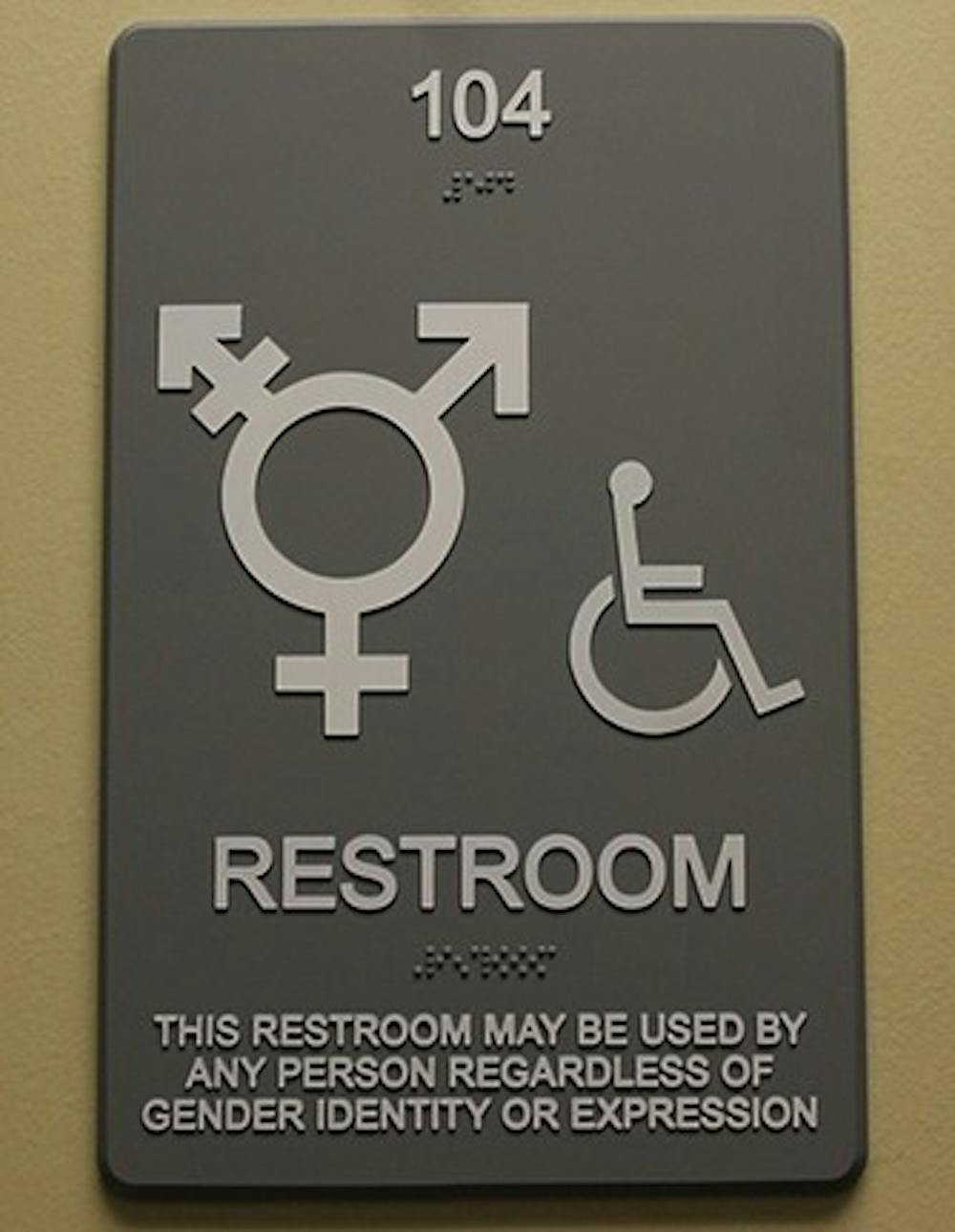A federal judge upheld House Bill 2's replacement last Sunday, but provided clarity for legal challenges moving forward.
Since 2016, civil rights groups have been fighting against North Carolina's controversial bathroom bill, officially known as House Bill 2, and its replacement, House Bill 142.
HB142 states that all government agencies, including UNC System schools, are not allowed to regulate access to restrooms or changing facilities. Additionally, local governments may not enact their own anti-discrimination policies.
The ACLU has been creating and presenting their legal case against HB2 since the law was passed. After HB2 was repealed in March 2017, the ACLU added new grievances related to the ambiguity of the new legislation.
In the most recent case, a federal judge for North Carolina dismissed many elements of the case presented by the ACLU regarding the harm caused by the uncertainty of HB142. The judge ruled based on his belief that HB142 does not regulate bathroom access.
Mike Meno, the communications director for the N.C. ACLU, said they challenged the law because it was vague and people were interpreting it as a rewrite of HB2.
"What yesterday’s ruling did was for the first time, we had a federal court say what the law meant," Meno said. "So it was very important to have a federal court say that HB142 does not bar transgender people from using facilities that match their gender identity. It brought very important clarity to that issue.”
N.C. Senate leader Phil Berger declined to comment. His office said the Senator hasn't had time to review the ruling because he is working on Hurricane Florence relief in the legislature.
However, this ruling is not the end for civil rights and civil liberties groups.




